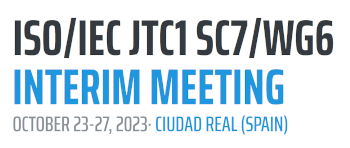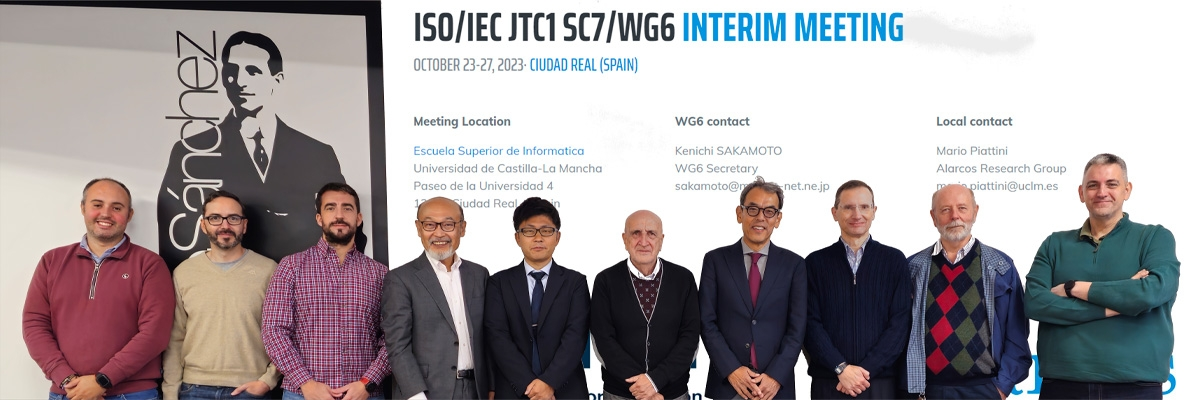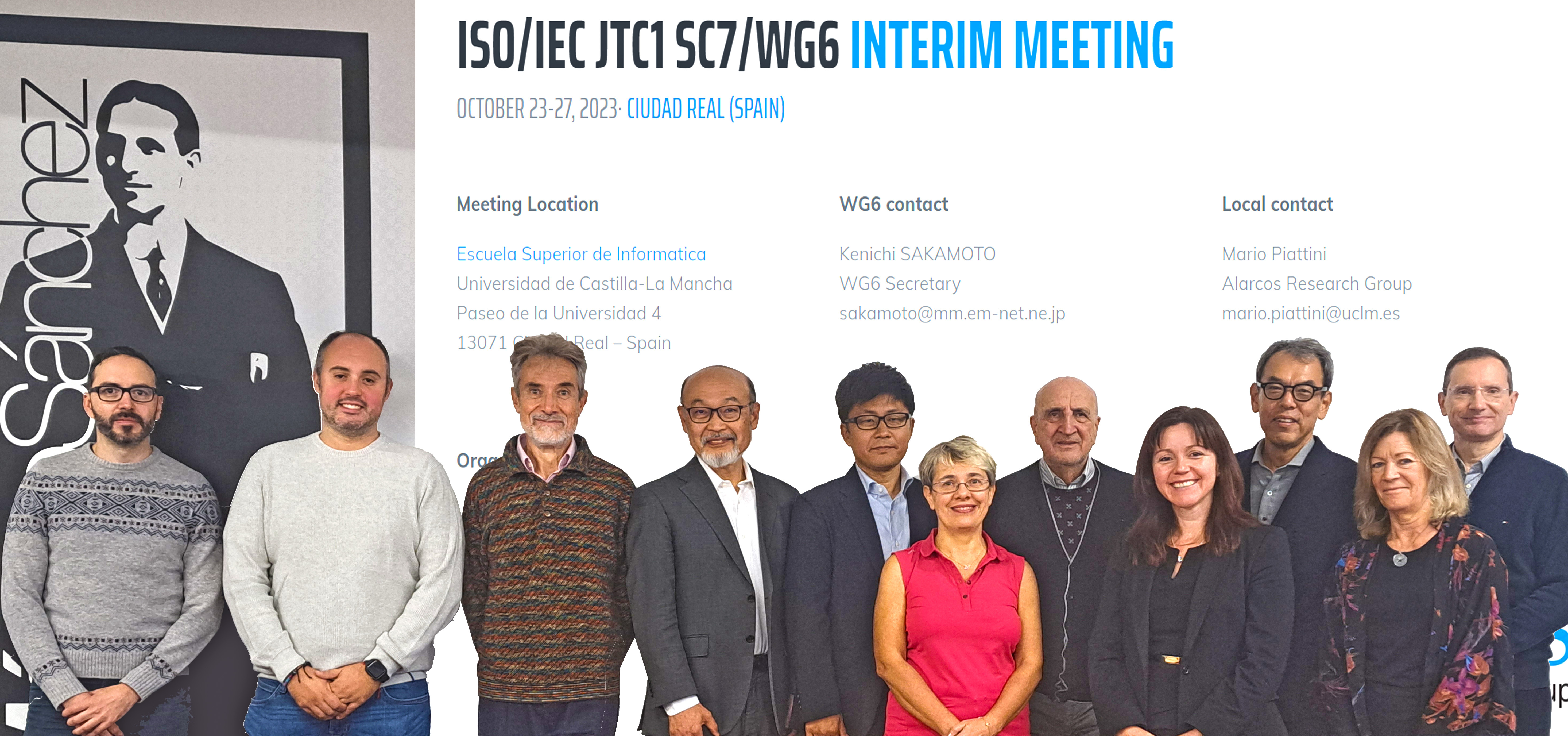Our colleagues Ana Díaz, Moisés Rodríguez and Mario Piattini have published the article Implementing an Environment for Hybrid Software Evaluation in the journal Science of Computer Programming.
This paper presents the first technological environment for measuring and evaluating the analyzability of hybrid software. As quantum software gains ground and relevance in various domains, it is essential to address the evaluation of hybrid systems that combine classical and quantum elements to ensure diverse quality characteristics.
Thus, the environment proposed in this paper stablishes a model, metrics and tools applicable in the field of quantum software to assess its analyzability, one of the subcharacteristics of maintainability defined in ISO/IEC 25000.
Furthermore, real-world examples of hybrid software are provided to showcase the functionality of the different tools in the environment, yielding readable and representative results for the evaluator.
Our colleagues Javier Verdugo, Jesús Oviedo, Moisés Rodríguez and Mario Piattini have published the article Connecting research and practice for software product quality evaluation and certification: a software laboratory's 25-year journey in the Volume: 41 Issue: 3 May-June-2024 of the IEEE Software journal, in which they present the trajectory of AQCLab, a laboratory for software quality evaluation, over 25 years, starting from the research work of the Alarcos Research Group.
The article details the challenges and difficulties involved in establishing the first accredited laboratory for software quality assessment based on the ISO/IEC 25000 family of international standards. Thus, AQCLab has meant the transfer of the research on software quality carried out over the years to the industry, allowing organisations that develop or acquire software to evaluate their products, and even obtain a certificate based on the results of these laboratory evaluations.
In addition to the challenges and lessons learned during this journey in software product evaluation and certification, the article provides details on the quality models used in the laboratory for the evaluation of Maintainability and Functional Suitability.
Our colleagues Ana Díaz, Moisés Rodríguez and Mario Piattini have published the article Towards a set of metrics for hybrid (quantum/classical) systems maintainability in volume 30(1) of JUCS - Journal of Universal Computer Science.
Given the rapid evolution that has taken place in recent years in the software industry, and along with it the emergence of quantum software, there is a need to design an environment for measuring quality metrics for hybrid, classic-quantum software. In order to measure and evaluate the quality of classic software, there are models and standards, among which ISO/IEC 25000 stands out, which proposes a set of quality characteristics such as maintainability. However, there is currently no consensus for the measurement and evaluation of quantum software quality.
In this paper series of adaptations to “classic” metrics, as well as a set of new measurements for hybrid maintainability is proposed. Additionally, a first prototype of a measurement tool developed as a SonarQube plugin, capable of measuring these metrics in quantum developments, is also presented.
Our scientific director, Mario Piattini, together with Ismael Caballero from DQTeam have edited the book "Data Governance: From the Fundamentals to Real Cases" published by Springer.
The book, aimed at academics, researchers and professionals involved in data governance (CIOs, Data Governors or Data Stewards), is divided into two parts:
Among the chapters of the book, written by different authors, there is a chapter on maturity models for data governance written by our colleagues from AQCLab and DQTeam Moisés Rodríguez and Fernando Gualo, together with the aforementioned Mario Piattini and Ismael Caballero. This chapter presents the best-known data governance maturity models, such as DAMA, DMM, DCAM or the Aiken, IBM, Gartner models, with special emphasis on the Alarcos Data Maturity Model (MAMD).

AQCLab is collaborating in the organisation of the international meeting of the ISO/IEC JTC1/SC7 WG6 working group,made up of software quality experts from more than 20 countries.
The meeting, sponsored by the Alarcos Group and UNE, is taking place at the Escuela Superior de Informática in Ciudad Real in both in-person and hybrid mode between the 23rd and 27th of October, with more than 50 attendees between the two modes.
For AQCLab it is a pleasure as an accredited laboratory in the evaluation of software and data quality to be able to host this meeting with international experts who are working on the development and evolution of the ISO/IEC 25000 family of standards.


This website uses own and third-party cookies to enhance your experience. If you continue to browse this website we will consider you accept their use. You can get more information by reading our Cookies Policy.



 +34 676 97 57 83
+34 676 97 57 83